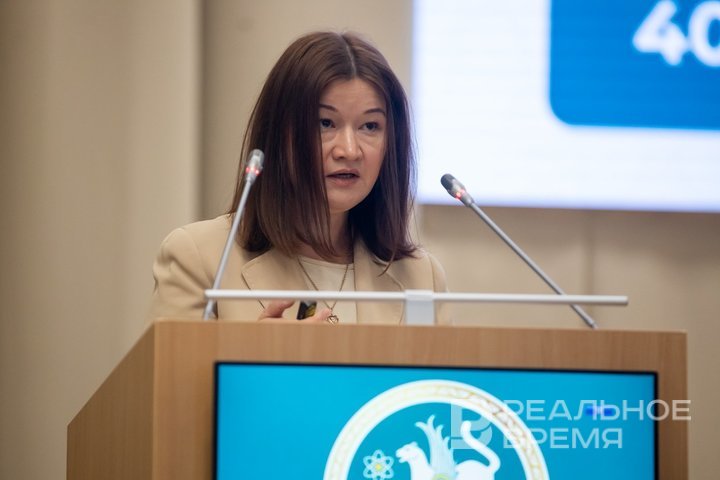Tatarstan Academy of Sciences developes republican programmes on drones and additive technologies
Academy of Sciences of the Republic of Tatarstan has summed up the results of the year
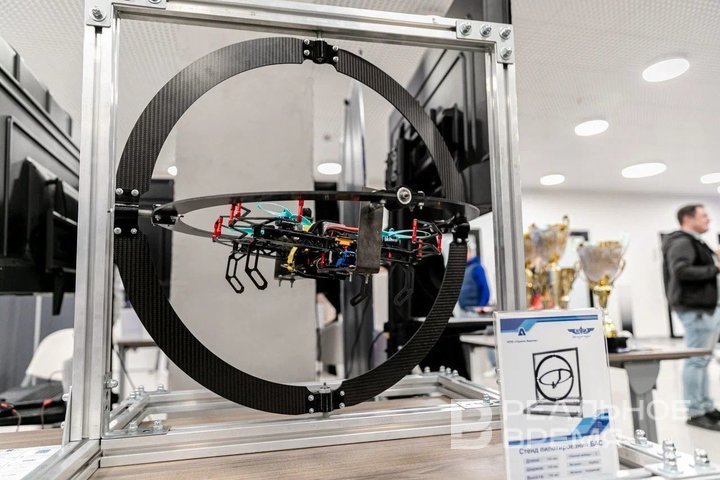
Earlier this year, Tatarstan became one of the pilot projects for the development of state programmes in the field of scientific and technological development (STD). Russian President Vladimir Putin has identified seven priority areas of scientific and technical cooperation, and, as noted by president of the Academy of Sciences of the Republic Rifkat Minnikhanov, for the first time at the state level, attention is focused on the humanitarian area. The results of the year in the field and how Tatarstan copes with the tasks set were discussed on 17 December at a meeting at the academy. Read the details in the material of Realnoe Vremya.
Main task is humanitarian solutions
In the first half of this year, the Russian government approved the fundamental documents of scientific and technological policy. President of the Academy of Sciences of the Republic of Tatarstan Rifkat Minnikhanov began his report with this.
“Important points. First: Each sector must establish a new STI (Science and Technology Initiative) institute — an institute of qualified clients. This entity will act as the initiator of scientific and technical projects, ensuring the development of tasks, funding, or placement of long-term orders for R&D (research and development). Second: municipalities and industrial enterprises must develop their own STI (Science and Technology Initiative) programmes. In this direction, we are still only working on the declaration," he said.
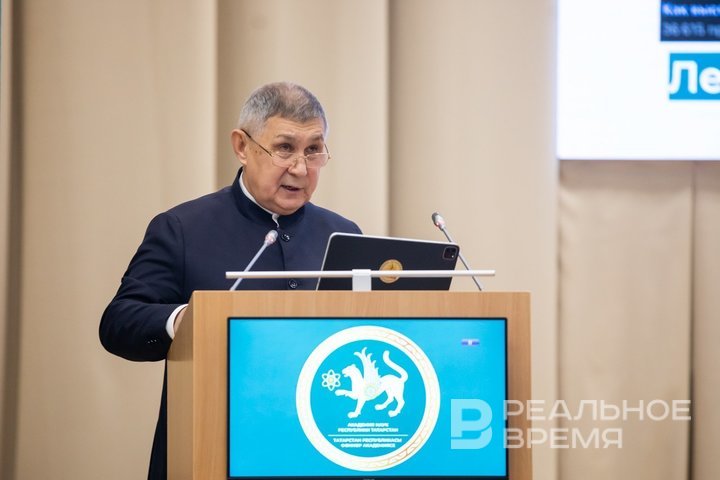
To implement the new scientific and technological policy in Russia, 19 national projects and 125 federal projects included in them have been developed. Tatarstan, according to Minnikhanov, is directly involved in 12 national and 44 federal projects.
“It is necessary, together with universities, ministries and departments, to develop a roadmap for the republic's participation in new federal projects, paying special attention to technological leadership projects," he said.
As part of the new policy, the Russian government has approved seven priority areas and a list of 21 critical and seven end-to-end high-tech technologies. Minnikhanov drew attention to that for the first time the humanitarian sphere appeared among the national priorities:
“For the first time at the federal level, a humanitarian area has been singled out separately among national priorities — strengthening socio-cultural identity and raising the level of education of Russian society. Given the humanitarian specialisation of our academy, the key strategy is to develop appropriate new solutions.
Tatarstan's six priorities
According to Rifkat Minnikhanov, the second task for Tatarstan is the creation of a sustainable long-term financing system for advanced research. In total, the programme of scientific and technological development of the republic includes:
- the complex of process measures “Development of natural science education in Tatarstan”;
- the complex of process measures “Personnel development of the scientific and educational cluster”;
- regional project “Creation of a unified intellectual scientific and educational space of Tatarstan”;
- regional project “Support and stimulation of inventive activity”;
- regional project “Creation of scientific and technological groundwork for the formation and development of branches of the new economy of Tatarstan”;
- a set of process events “Holding a complex of congress, exhibition and educational events that promote the popularisation of the results of scientific research on the priorities of scientific and technological development of the republic”.
Thus, in 2024, independent funding was allocated for the first time to the STI programme until 2027, which was developed and is being supervised by the academy.
“Secondly, reliable long-term systemic mechanisms for effective interaction of the scientific and educational system with industrial enterprises and the real sector have been debugged and launched through development institutions. The binding nuclear project of the ecosystem being formed was the comprehensive support and development of university technological entrepreneurship," said the president of the academy.
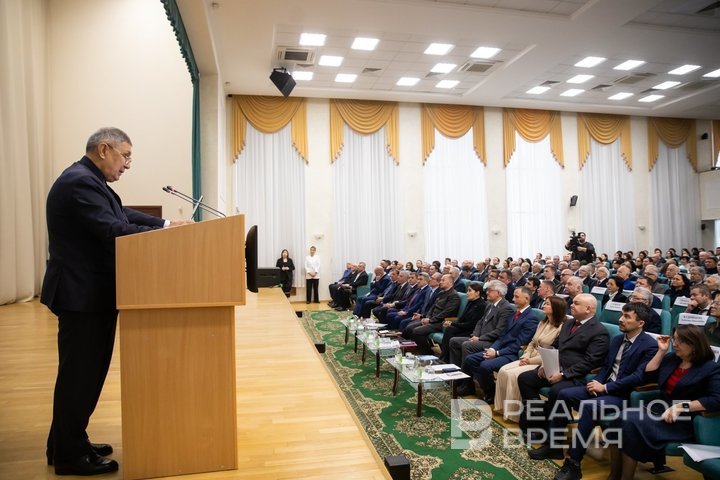
In addition, to organise this work in Tatarstan, last year they began to form a world-class scientific and educational centre as a system integrator of a long-term qualified research order.
“However, the main mission of the Research and Education Centre (REC) — financial support for the collaboration between science and business — is not being fully implemented. The federal selection of new RECs and their financing from the federal budget have been postponed. We will work on this issue through various forms of support," Minnikhanov added.
Artificial intelligence and the UAV centre
In total, over the past year, the Academy of Sciences of Tatarstan developed eight digital projects, as well as held a conference and a hackathon. This was told by the vice-president of the academy, Airat Khasyanov.
“In accordance with the order of the rais of the Republic of Rustam Nurgalievich Minnikhanov, a scientific coordination centre in the field of artificial intelligence was established in 2024. For 5 months, work was carried out on the formation of an analytical report on the development of the artificial intelligence industry in Tatarstan. The first version of the report will be released before the end of the year and will be provided to all those present for study and use in their work. The centre will prepare such reports annually in partnership with Innopolis University and Technocracy," he said.
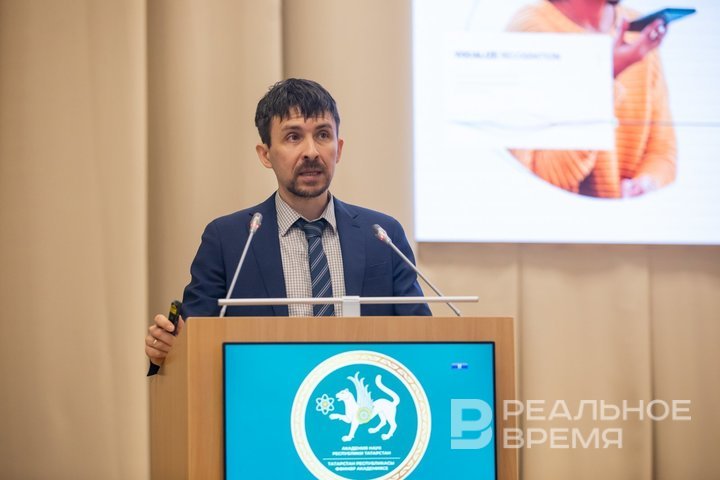
Khasyanov added that Tatarstan was among the 20 pilot regions for which the regional segment of the domain Science will be created. The necessary technical development will be completed in the first quarter of 2025. The entire cycle of providing support and support measures for research and innovation projects will be implemented within the domain services.
Vice-president of the academy Leysan Abzalilova told about another project. We are talking about the creation of a research and production centre in the field of unmanned aircraft systems. According to her, at the moment a package of documents has been formed and an application has been submitted to the federal centre.
“The Academy of Sciences, together with relevant ministries and experts, has developed two republican programmes on unmanned aircraft systems and additive technologies. The programme provides solutions to the basic problems of the economy and synchronises the activities of science, education, business, and executive authorities. Roadmaps for the implementation of the programme are being developed," she added.
